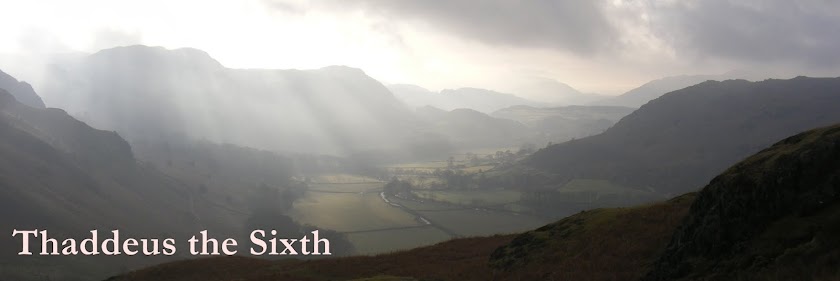The kingdoms of Denland and Felaria differ slightly in their governance, but such variations are merely superficial. Both are led by kings, both have strong nobles and both have a huge number of inconsequential peasantry.
The Kuhrisch, as with so many things, take a quite different approach. Fealty to a king is unheard of, and they possess no nobility in the civilised sense of the word. They possess no City Watch, no knightly orders and no mages. Indeed, perhaps the most peculiar aspect of a most peculiar people is that they alone in the races of men are so ill-favoured by the Divine as to be incapable of the slightest magic. They consider mages to be unnatural, cursed creatures, and magic to be quite diabolical.
And yet, despite such shortcomings the Kuhrland (and the small foothold of Steinland which borders Felaria and Denland) does not descend into anarchy. Instead of kings and knights the Kuhrisch simply do without for the most part, governing their own lives free from taxes, excessive laws and overbearing nobility. When the law must be resorted to, a handful of men, the Godi, are used as arbitrators.
Steinland governs its own affairs, and, being so small and sparsely populated, a mere quintet of men is sufficient to serve as Godi. The title enables the holder to arbitrate disputes and, in conjunction with his fellows and the agreement of the people, create new laws. A Godi can sell his title, give it away, lose it in a contest or if slain lawfully (a common means of it changing hands). It can be disposed of in a will, and if a Godi dies without making his desire known, the surviving Godi give the title to another man they consider worthy.
They ought not to be confused with kings. In war, every man is expected to fight and the chieftains are those endowed with courage and wolfish cunning. In peacetime, a Godi has no power to try and raise taxes or compel people to work for the public good. As a result, roads are rare in Kuhrland and Steinland (although a handful have been constructed by traders who share the burden of the cost and the advantage of easier travel).
The Kuhrisch are quite barbaric, unrestrained by intelligent laws, ill-educated and rarely able to comprehend anything beyond their own rude tongue. And yet, one cannot but feel envious of their freedom from taxation and the nobility (our own dear Comte Charles naturally excepted). The greatest mistake a man can make is to underestimate them, for they are savage, stronger than their more civilised cousins and unwilling to be reasoned with once enraged.
They are also capable of low cunning, as the Dennish king found to his cost ten years ago.
Frère Jacques, scribe of Highford

No comments:
Post a Comment